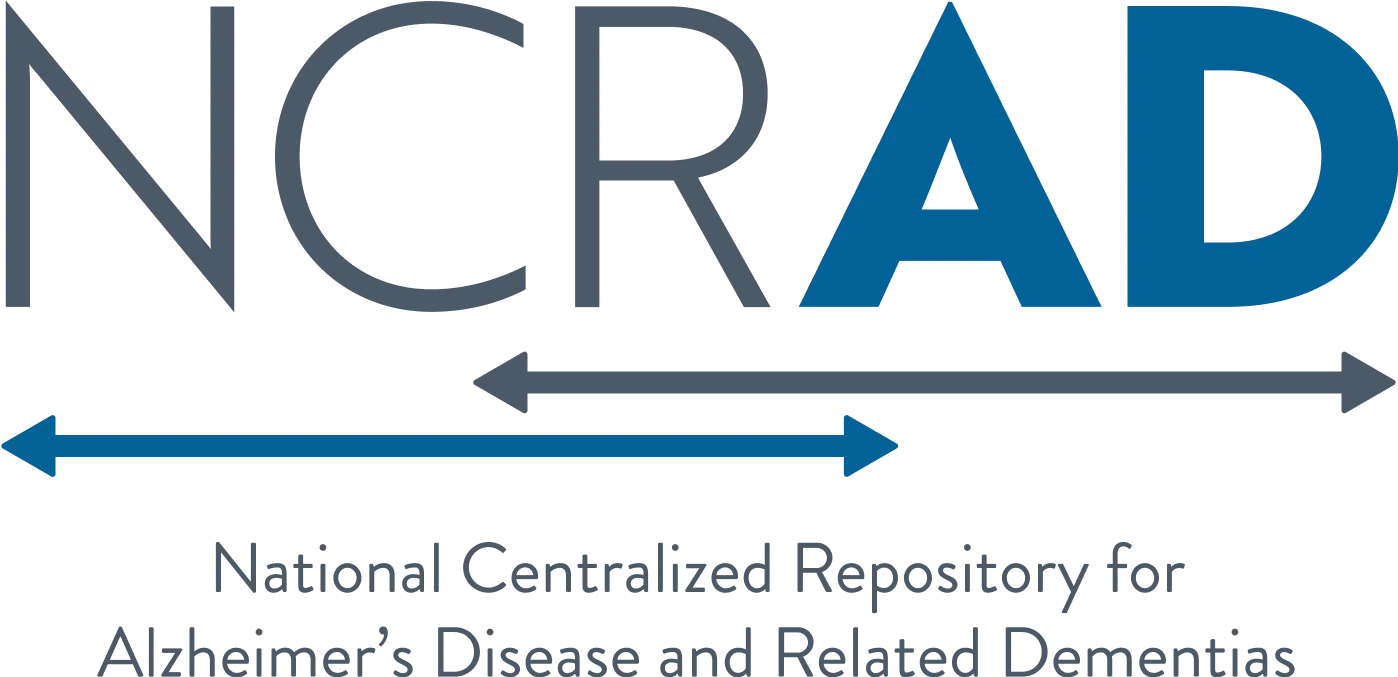ADNI
The longitudinal Alzheimer’s Disease Neuroimaging Initiative (ADNI) is a longitudinal multi-center study that began in 2004 and is now in its fourth phase. ADNI has been validating the use of biomarkers including blood tests, tests of cerebrospinal fluid, and MRI/PET imaging for Alzheimer’s disease (AD) clinical trials and diagnosis.ADNI-3 continues to work to determine the relationships between the clinical, cognitive, imaging, genetic and biochemical biomarker characteristics of the entire spectrum of Alzheimer's disease (AD). The overall goal of the study is to continue to discover, optimize, standardize, and validate clinical trial measures and biomarkers used in AD research.
Study Participants
This is multi-center, a non-randomized, natural history, non-treatment study. 1,070-2,000 total participants will be enrolled across three cohorts: cognitively normal (CN), mild cognitive impairment (MCI) and mild Alzheimer's Disease (AD) dementia. Participants between the ages of 55-90 will be enrolled at 59 sites in the United States and Canada. Approximately, 700 - 800 will be rollover participants from previous ADNI studies, and 370 - 1200 will be newly enrolled. Clinical/cognitive, imaging, biomarker, and genetic characteristics will be assessed across the three cohorts.
Available Data
ADNI maintains an unprecedented data access policy intended to encourage new investigation and to increase the pace of discovery in the quest to prevent, treat, and one day cure AD. All data is made available without embargo. Armed with better knowledge of the first indications of AD from ADNI and other studies, researchers are beginning to test potential therapies at the earliest stages feasible when there may be the greatest promise for slowing down progression of this devastating disease. Researchers seeking access to ADNI data should visit USC’s Laboratory of Neuroimaging ADNI database (ADNI LONI).
Available Biospecimens
Genomic DNA, Cell Line DNA, Lymphoblastoid Cell Lines (LCLs), PBMCs and RNA from blood are available for request from NCRAD.

